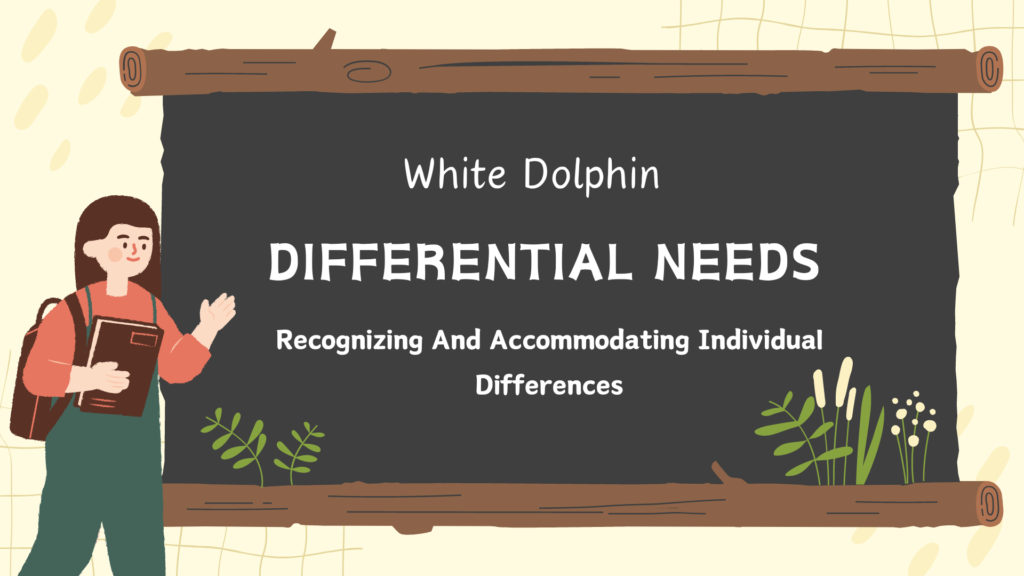
If you know someone who struggles with learning disabilities, Like Kara in the White Dolphin, it’s important to understand the different types. Dyslexia, dysgraphia, dyscalculia, etc, are the three most common types and can significantly impact academic and personal success. Let’s delve into each type to understand better how they can affect us.
Visit Our Homepage At Immersive English
Dyslexia
Dyslexia is a language-processing disorder affecting a person’s reading, writing, and understanding of language. Individuals with dyslexia may have trouble decoding words or identifying individual sounds within words, even with phonemic awareness. The condition is diagnosed over a period of several years and often results in difficulties with reading, writing, grammar, comprehension, and other language-related skills.
Dysgraphia
Dysgraphia is a condition that makes it difficult for individuals to express their thoughts through writing or drawing. While poor handwriting is a common manifestation of dysgraphia, it is not the only symptom. People with dysgraphia often experience challenges in various aspects of writing, including spelling, grammar, vocabulary, critical thinking, and memory. They may have trouble with letter spacing, motor planning, and spatial awareness and struggle to think and write simultaneously. These difficulties can significantly impact their ability to communicate effectively and express themselves through written means.
Dyscalculia
Dyscalculia is a type of learning disability that affects an individual’s ability to comprehend mathematical calculations. People with dyscalculia might find it challenging to understand math concepts, numbers, and reasoning. It is often referred to as “math dyslexia.” Those with dyscalculia may have trouble reading clocks, counting money, recognizing patterns, remembering math facts, and solving mental math problems.
Auditory Processing Disorder (APD)
Auditory Processing Disorder (APD) is a condition that affects an individual’s ability to process sounds accurately. In other words, it is a hearing disorder that affects the brain’s ability to interpret and process sound information received through the ears. People with APD may find it challenging to differentiate between different sounds, such as an instructor’s voice in a noisy classroom or a conversation in a crowded restaurant. They may also need help understanding speech in noisy environments and clarification on the order of sounds. In APD, the brain processes the sound information differently than it should, leading to a misinterpretation of sounds. APD can affect both children and adults, and its severity can vary from mild to severe.
APD is an auditory processing disorder affecting a person’s ability to understand spoken language and express themselves effectively. This condition makes it challenging for an individual to assign meaning to sound groups that form words, sentences, and stories. According to the Learning Disabilities Association of America, individuals with language processing disorder struggle with receptive and expressive language skills.
Nonverbal Learning Disabilities (NVLD)
Nonverbal Learning Disabilities (NVLD) does not refer to a person’s inability to speak but rather their difficulty in interpreting nonverbal cues or social behaviors. Individuals with NVLD may struggle with understanding body language, facial expressions, tone of voice, and other nonverbal aspects of communication.
Visual Perceptual/Visual Motor Deficits
People who experience visual perceptual or motor deficits may face difficulties with hand-eye coordination, resulting in loss of place while reading and struggling with fine motor activities such as using pencils, crayons, glue, scissors, etc. They may find it challenging to differentiate between similar-looking letters, experience problems while navigating their surroundings, or demonstrate unusual eye activity while reading or doing other tasks.
Very helpful! I enjoyed reading it. It also increased my knowledge about different types of dyslexia.